Shoftim, Ayahuasca and Torah Wisdom: Breaking Barriers For Personal Growth
This year, I had a surreal experience: I embarked on a plant medicine journey with Ayahuasca. While today it might not seem extraordinary due to its rising popularity in mainstream culture, for me, it was transformative. Though I was initially convinced I didn’t need such an experience, believing I was already deeply connected to my Creator. Yet, I became curious after witnessing the profound impact it had on my husband. His journey led to discoveries that sparked my own desire for self-growth, compelling me to try it for myself.
During my journey, I didn’t uncover hidden traumas or connect with ancient ancestors as some describe. Instead, I revisited a wound I had carried my entire life. Confronting and releasing the lingering pain from this old wound was deeply healing, but that was only the beginning.
As the journey continued, I felt a tangible shift in my mind. I experienced vibrations I had never felt before—my brain seemed to expand. I could feel its plasticity as if it was stretching beyond its current limitations. Structures in my mind began to break down, transforming from rigid squares to flexible hexagons until they completely dissolved. I realized these structures represented the barriers we impose on ourselves, shaped by societal norms, expectations, and the environments we grow up in.
Too often, we accept these limitations without question—whether they are about what is appropriate, what success looks like, or what paths we should follow. Rarely do we stop to ask ourselves if the ideas and perceptions we hold align with our true essence. Are we truly following a path that nourishes our soul and helps us grow? Are our desires and goals supporting our spiritual journey?
At one point in my experience, I was confronted with my financial situation. For months, I had been consumed by stress over bills and the lifestyle we had built for ourselves. Through the Ayahuasca journey, my subconscious was forcing me to face the reality of what I was chasing. The perceived “need” for luxuries like housekeepers, deep cleaning services, and expensive summer camps—things we could barely afford—came into question.
I saw clearly how we had been drawn into a cycle of materialism. Chasing after wealth and status, as is so common in American culture. But now, it was time to stop. It was time to balance what we physically need with what we spiritually need, prioritizing our well-being. So many of us are trapped in this endless climb. We pursue a lifestyle that doesn’t truly serve us, leaving us stressed and unfulfilled.
I’m grateful for this Ayahuasca journey because it gave me the chance to step outside my limited, subjective perspective, even if only for a brief moment. But the question remains: how do we achieve this level of introspection without the aid of psychedelics? How can we break down the barriers society has built within us? What is truly real and worth striving for in our lives?
The Long Road: Tanya’s Path to Spiritual Growth
The answer lies in what the Tanya refers to as the “long road”—the path of consistent effort in discovering who we are, what we’re made of, and the divine spark within us. Engaging with Torah daily is crucial to “download” the true wisdom we need. It’s important to study the various dimensions of Torah: Chumash, with its rich storytelling; Chassidus- the mystical teachings that nourish the soul; and Halacha, which guides the body in proper behavior.
This realization reminded me of the topic Parsha Shoftim introduces: set up a framework that aligns with our true self. In Devarim 16:18 Moses says:
“You shall set up judges and law enforcement officials for yourself in all your cities that the Lord, your God, is giving you, for your tribes, and they shall judge the people [with] righteous judgment.”
Torah Wisdom: A Blueprint for Life
The Torah is, at its core, a blueprint for living. The word “Torah” comes from the Hebrew root “הורה” (horah), meaning “instruction.” It serves as our teacher and guide, leading us toward a life rich in morals, ethics, and spiritual vitality. However, even within the framework of a Torah-centered life—through schools, synagogues, and observant communities—it’s easy to become lost in lifestyles that no longer serve us.
This is why Parsha Shoftim calls on us to set up structures, appointing judges and officers, to help us achieve our true purpose.
Appointing judges and officials for ourselves means establishing personal systems of accountability, much like internal gatekeepers. Our teachers, rabbis, and mentors should be people who speak the truth we need to hear, and through their teaching guiding us away from unproductive or misguided paths.
Studying the different dimensions of Torah—whether it’s Chumash, Chassidus, or Halacha—we find the framework that reveals what truly matters in life. This wisdom helps us “download” the essential truths about our purpose in this world, directing our focus and energy toward what is spiritually meaningful.
Breaking Down Barriers: Confronting Limiting Beliefs
Through this “download” of essential truth, we become our own gatekeepers—our own judges. We gain the ability to assess our actions according to these truths. When “righteous judgment” enters our lives through people, circumstances, and experiences, we are better equipped to reassess where we stand. During my Ayahuasca journey, I became my own internal judge, realizing that the structures I had built were no longer serving me and my husband but were instead filling us with unnecessary stress.
I don’t want to dismiss the beauty and comfort of living in a beautiful home or being surrounded by conveniences that make life easier. But sometimes, that is not the path we are meant to follow at that moment. These circumstances may indicate that the universe—God—is trying to offer something else for now. As Torah teaches, fewer material possessions can lead to greater spiritual elevation. Like the sages of previous generations, who limited their engagement with the physical world to allow the spiritual to shine. We, too, can gain a new perspective on our challenges through Torah study. Rather than constantly pursuing what is not meant to be ours, we can learn to accept where we are and grow from it.
Each of us faces our own unique challenges. A friend recently shared that she has been feeling sick from the monthly injections she takes to aid her weight loss. Although the shots have helped her shrink her waistline and fit into society’s image of beauty, the daily nausea interferes with her ability to live fully. She took this route because our culture bombards us with images of how women “should” look, and in her desire to improve herself, be healthier and conform to societal expectations, the shot seemed like an easy solution. While she looks great, she’s now asking herself whether it’s worth the physical discomfort. Her inner voice is telling her something is off.
What would Torah advise in this scenario? Torah teaches us to strive to be our best, both physically and mentally. Perhaps the shot can serve as an initial boost for weight loss, but if it’s hindering her ability to function and serve, then the solution goes beyond a quick fix. True growth comes through the long road of consistent effort and balance, not through shortcuts that undermine well-being.
Becoming Our Own Gatekeepers: Righteous Judgment in Parsha Shoftim
Shoftim presents an intriguing way to interpret the command to place judges in all our cities. The metaphor of cities and gates can represent both external communities and the inner world of each person. This interpretation places responsibility on each of us to be the gatekeepers of our own “gates”—our minds, hearts, and souls. It means we are accountable for placing ourselves in environments that nourish us, surrounding ourselves with positive people who will influence us in uplifting ways. As we all know, what the eye sees, the heart desires. To guard against this, we must strengthen our intellect with the truth rooted in Torah values. By being vigilant with our “garments”—our speech, thoughts, and actions—we protect our soul and maintain its connection to the energy it draws from our Creator.
My brief experience with Ayahuasca opened my mind to see things from a new perspective. It helped break down barriers and free me from limiting beliefs about what we should have or how we should live. Beliefs often shaped by the culture around us. In much the same way, Torah offers a framework for discerning what is truly worth our effort. It reminds us that we need judges and officers within ourselves to guide us on our path, helping us stay aligned with our higher purpose and with what truly matters.
As we strive to live in alignment with our soul’s purpose, the Torah becomes our map. It shows us how to nourish our inner world and guard the gates of our being. Just as Ayahuasca revealed truths hidden behind the structures I had built, Torah provides the ongoing framework for evaluating our lives, ensuring that we live with integrity, purpose, and connection to the Creator. The real journey isn’t a quick fix but a long road of consistent effort—one that we can walk every day, guided by Torah’s eternal wisdom.




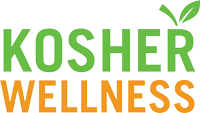
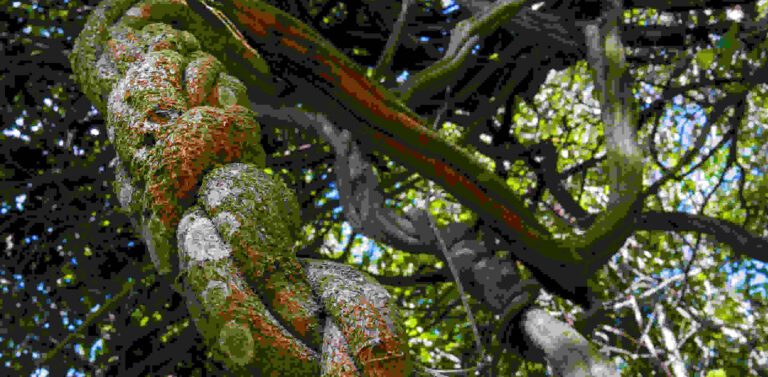
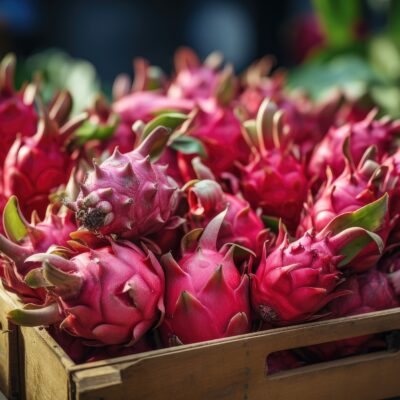
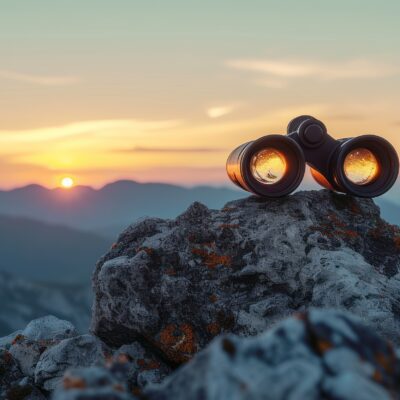
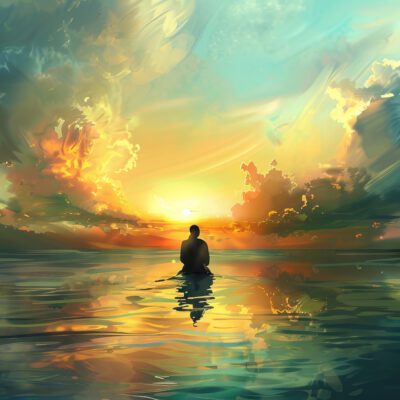
Leave a Reply